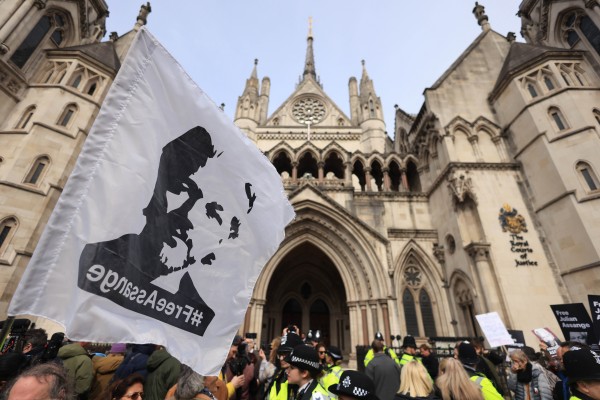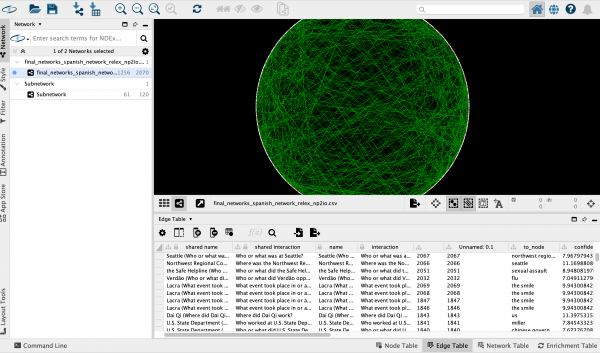A Brazilian cameraman was shot dead on Sunday, 6 November, while covering an anti-drug-trafficking operation in Rio de Janeiro. Gelson Domingos da Silva, who worked for TV Bandeirantes, was hit in the chest by a rifle round in the Antares favela. Although he was wearing a bullet-proof vest, he died on his way to the hospital, news reports said.
The 46-year-old media worker, an experienced crime photographer, was still filming when he was shot. The footage, broadcast by the Brazilian media, will be investigated. The video shows Domingos trying to hide behind a police officer who was shooting, but the camera falls to the ground when Domingos is hit.
International Press Institute (IPI) Executive Director Alison Bethel McKenzie said: “We offer our condolences to the family and colleagues of Gelson Domingos. Media professionals in Brazil are in the line of fire because of their commitment to informing society, but both news organisations and the authorities must ensure their safety.”
According to the local Professional Association of Photography and Film Reporters, Domingos was the first member of a team to die under such circumstances, although others have been wounded. The organisation called for the training of professionals who work on stories that involve risks.
While the Union of Journalists of Rio blamed TV Bandeirantes because the bullet-proof vest only protected against 9mm-caliber weapons, the media outlet defended itself in a statement saying that its employees had been trained to cover dangerous stories and used a higher-protection capacity model bullet-proof vest approved by the military for civilian use.
The killing sparked debate in local blogs and among news organisations about working conditions for reporters who cover risky assignments in the country. As the weapons used in Rio’s drug conflict have become more powerful, the risks have also grown for journalists covering police action. Brazilian law, though, only allows the armed forces to use bullet-proof vests with the highest protection levels.
Colonel Frederico Caldas, communications coordinator of the Military Police of Rio de Janeiro, said in an interview during Domingos’ funeral that the military police had no authority to allow or deny access to the press during the operations, although he mentioned the possibility of establishing limits for media professionals. “We must reflect on the role of journalists,” Caldas said. “It is necessary to discuss journalists’ work in difficult situations; professionals must be aware of their limits.” Some news reports said that the press was not invited on the raid because of the danger it involved.
During the shoot-out involving a Brazilian Special Operations Unit incursion into the slum, four alleged drug dealers also died and nine were imprisoned. The action was part of a plan to bring peace to the favelas before the football World Cup in 2014 and the 2016 Olympic Games.
Domingos is survived by his wife, three children and two grandchildren. He became the sixth journalist killed in Brazil so far this year, which makes the country the second deadliest one in Latin America, after Mexico.


